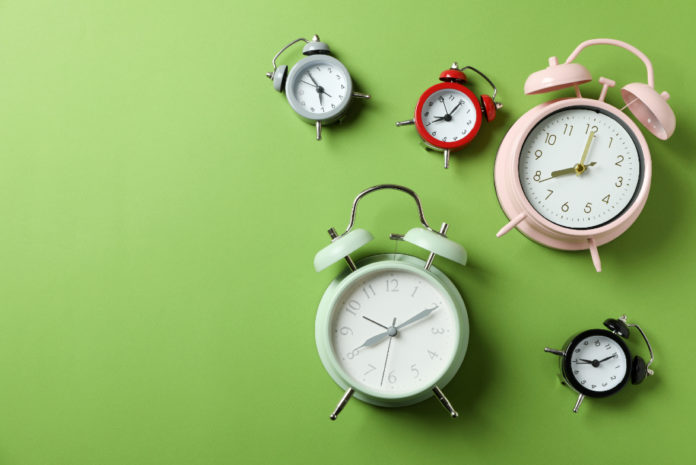Find out the best sleeping hours for you
If you’re looking for the best sleeping hours to suit your schedule, look no further. For ideal sleep, you might want to consider the guidelines below that we’ve provided.
In a perfect world, people would go to bed sooner and rise up early. This pattern corresponds to our body, adjusting our sleep cycle to match the sunlight. What time you typically get up in the morning will determine the exact time. The quantity of sleep you require each night should also be taken into account.
The term “circadian rhythm” refers to your brain’s regular sleep-wake cycle — it resembles the internal clock in our body. It’s common for us to have natural dips and peaks of alertness at particular periods during a 24-hour period. The two times when people are most likely to be asleep are from 2 a.m. to 4 a.m. and from 1 p.m. to 3 p.m.
Your usual bedtime and wakeup hours are likewise determined by your circadian rhythm. Your brain adjusts to this routine as you become accustomed to going to bed and waking up at the same time every day. Ever notice that you naturally feel drowsy during your bedtime hours? How about waking up before your alarm clock sounds? That’s the circadian rhythm in full effect.
Now aside from the different types of sleep schedules, in which we’ll talk about at a future date, let’s cover the best sleeping hours for every age group. A majority of experts recommend that most adults should sleep at least 7 hours a night. The chart below breaks down what’s recommended by the National Sleep Foundation.
Best Sleeping Hours
| Age | Hours of sleep recommended per day |
|---|---|
| 0–3 months | 14–17 hours |
| 4–11 months | 12–15 hours |
| 12–35 months | 11–14 hours |
| 3–5 years | 10–13 hours |
| 6–13 years | 9–11 hours |
| 14–17 years | 8–10 hours |
| 18–25 years | 7–9 hours |
| 26–64 years | 7–9 hours |
| 65 years and older | 7–9 hours |
Remember, there are side effects to both insufficient and excessive sleep. Make sure you’re right in line, getting the best quality sleep you can.
